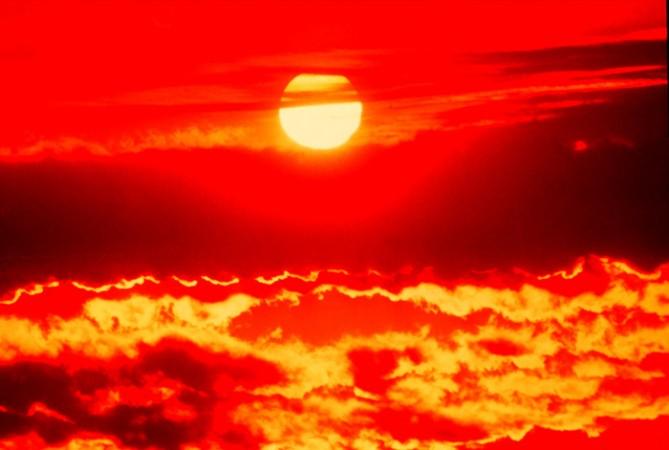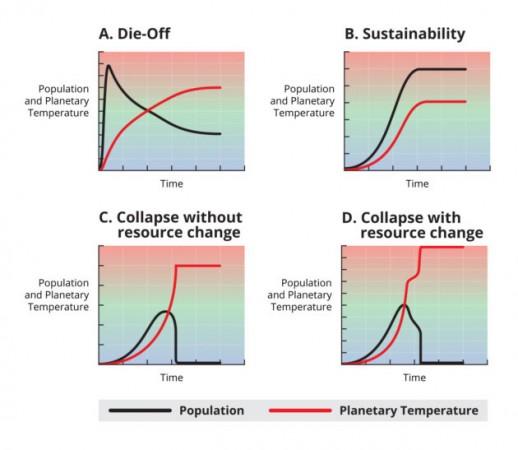
World Environment Day 2018 was celebrated on Tuesday across the globe with fanfare but transforming this planet into something that can host civilisation as ever remains a bigger challenge now.
Is this universe even capable of actually hosting a civilisation that can sustain its environment? Can any civilisation survive climate change that it brought on itself? Does any civilisation that has existed in this universe only been able to survive a few centuries before inevitably changing its environment and eventually succumbing to it?
These are a few questions that a new study from the University of Rochester has attempted to answer. "Astrobiology is the study of life and its possibilities in a planetary context," says Adam Frank, a professor of physics and astronomy at Rochester. "That includes 'exo-civilizations' or what we usually call aliens," he said. His team has taken what they call an "astrobiological" perspective on the matter.
This research has taken a wide view of climate change and global warming. If one were to take into consideration the very real possibility of planet Earth and humans not being the only intelligent civilisation in the universe since the beginning of time, there are chances that other places in the cosmos have already had planets with similar biospheres which have led to the evolution of a species similar to humans.
If Earthlings weren't the first ever civilisation in the universe, that means "there are likely to be rules for how the fate of a young civilization like our own progresses," said Frank.
Every civilisation grows only as far as its population expands. As population expands, more of the home planet's resources get used. The planet's conditions will, hence, change simultaneously along with the growth of said civilisation. Inhabitants and planet do not evolve separate of each other, say the researchers.
"The point is to recognize that driving climate change may be something generic," Frank says.
Basic laws of physics are the same throughout the universe, and they dictate that any young civilisation, like Earth's which sets about building and developing, particularly in the speed that humans did, is definitely going to, "... have feedback on its planet. Seeing climate change in this cosmic context may give us better insight into what's happening to us now and how to deal with it."
Every environment has something called a "carrying capacity" which is the maximum number of species that any environment can successfully sustain. As the climate changes, this carrying capacity is bound to drop. Climate change and global warming is a major alteration to the native environment, so this is expected.
The team built new mathematical models to explain this concept and used the civilisation of the Easter Islands to describe it. Colonisation of the Pacific Easter Islands started, according to the researchers between 400 and 700 AD, they quickly grew into a community of over 10,000 people by 1200 and 1500 AD, living off the resources found there. It being a closed off section on the planet, inhabitants depleted the island of all its natural resources. As of 18th century, population had dropped to 2,000 people.
Researchers then came up with four different scenarios that could possibly occur in a civilisation- planet system, according to the research paper:

If this same model is scaled up to cover the whole planet, then beyond a certain level of climate change, it might not be possible for Earth to recuperate. "Even if you backed off and started to use solar or other less impactful resources, it could be too late, because the planet has already been changing..."














